
Fortune News | May 09,2020
Aug 12 , 2023.
In the undulating highlands of the Amhara Regional State, an unsettling tranquillity belies the recent spectre of war. Just two years ago, the internationals brokered a deal in Pretoria, South Africa, that sought to quell the fires of what was arguably one of the most brutal conflicts globally, spanning the terrains of Tigray, Afar, and Amhara regional states.
Yet, the echoes of gunfire are back, underscoring the fragility of peace across Ethiopia.
The Amhara regional saga is emblematic of the complexities of post-conflict governance. While Tigray and Afar regional states might be experiencing relative calm, armed forces in the country's second-largest state, under the "Fano" banner, have made it remain restive, challenging both regional and federal authorities.
The resurgence of hostilities has compelled the Council of Ministers to declare a state of emergency. Temsegen Tiruneh, a former regional chief now helming the national intelligence, has been tasked to oversee the emergency command, a testament to the gravity of the situation.
Amhara Regional State's current leadership, under the erudite Yiliqal Kefale (PhD), has sounded the alarm, calling on the federal apparatus to intervene. The implication is clear: the regional state lacks the wherewithal to quell the militarized conflict through policing alone. The assassination of Girma Yeshitila, the head of the Prosperity Party's Amhara regional chapter, this April, in conjunction with a federal decision to demobilise armed militias and the promise to integrate them into federal and regional law enforcement, has only exacerbated tensions.
The Ethiopian Peace Observatory, affiliated with the US-based Armed Conflict Location & Event Data Project (ACLED), notes an uptick in armed engagements, particularly in the northern Wello and west Gojjam zones. And Ethiopian Airlines had suspended flights to the region, a move that signals dwindling confidence. It was only late last week its executive announced their decision to resume flights to many cities, including to Bahir Dar, the seat of the regional state.
Over the past three years, starting from the tumultuous 2020, the Amhara Regional State, alongside Tigray and Oromia regional states, was deemed unstable. Such regional instability has repercussions not just for Ethiopia but also for the fragile geopolitics of the Horn of Africa.
The economic ramifications are already evident. The discontinuation of airline services to this region is symptomatic of a larger economic malaise. In a country already grappling with the scars of civil unrest, the curtailment of a critical revenues stream like tourism poses daunting fiscal challenges.
However, drawing parallels between the ongoing strife in Amhara and the previous war in the Tigray regions could be misleading. At its core, the ongoing conflict in the Amhara region is not a straightforward showdown between the federal government and its allies on one side and the regional state on the other, nor are foreign forces visibly involved on the behest of the first.
Instead, this conflagration has seen domestic groups arrayed against each other in shifting alliances, making its resolution more intricate.
The increasing clamour for peaceful dialogue and non-violent engagement provides a glimmer of hope. The war camp appears to have fewer allies this time around, and voices advocating for peace are louder. The Ethiopian Religious Council, along with a myriad of non-profit organisations, the latter enlisting an impressive 4,600 members, is advocating for calm and dialogue.
If embraced authentically, such an approach could prevent the risk of a full-blown civil war. After all, civil liberties and human rights are invariably the first casualties in militarised face-offs. A deft handling of these, buttressed by judicious rhetoric from officials, could serve as a bulwark against further escalations.
The economic imperatives for peace are also compelling.
As Ethiopia navigates the shoals of a stringent federal budget, any further slowdown could have debilitating implications. With the civil war in the Tigray region already pushing millions into poverty and exacerbating food insecurity across swathes of the country, the necessity of averting another economic blow is paramount.
Yet, the road to reconciliation is fraught with complexities. While the federal authorities tout the idea of a "national dialogue" as the panacea, such processes, though promising, are intricate. Indeed, the idea of "national dialogues", which hinge on inclusivity, seems promising. When navigated deftly, such platforms can serve as pressure valves, giving voice to grievances and averting violent eruptions.
However, as with many grand ideas, the devil lies in the details. A successful national dialogue is a high-wire act. On the one hand, it offers the promise of healing deep-seated societal wounds; on the other, if mismanaged, it risks being reduced to a mere theatrical performance, with elites manipulating the narrative. The journey from reaching a national consensus to its implementation can be labyrinthine.
Nevertheless, the potential dividends from an authentic dialogue that could bring negotiated settlements are tantalising. As witnessed in the truce with the TPLF, cessation of hostilities can be immediate. Such dialogues can reinvigorate political engagement, give voice to historically marginalised communities, and tap into international expertise and resources, akin to the international outreach to Teshome Toga's federal commission on disarmament, demobilisation and rehabilitation.
Crucially, though, in an era of mistrust and fractured polities, dialogues in good faith can rebuild the fabric of trust, a sine qua non for recognition of the adversary, acknowledgement of their grievances and compromise for settlement. While the path to such dialogue is akin to traversing a minefield, the potential outcomes — especially when juxtaposed against the bleak alternatives — make it an endeavour worth pursuing.
If Ethiopia's contemporary leaders and their adversaries heed the calls of religious and civic bodies, championing a national dialogue that culminates in a negotiated settlement, it might yet find its way back to stability. The stakes for Ethiopia and the broader Horn of Africa region are undeniably high. The voices of reason and moderation must prevail, allowing the "Land of Origins" to reclaim its trajectory of stability.
PUBLISHED ON
Aug 12,2023 [ VOL
24 , NO
1215]

Fortune News | May 09,2020
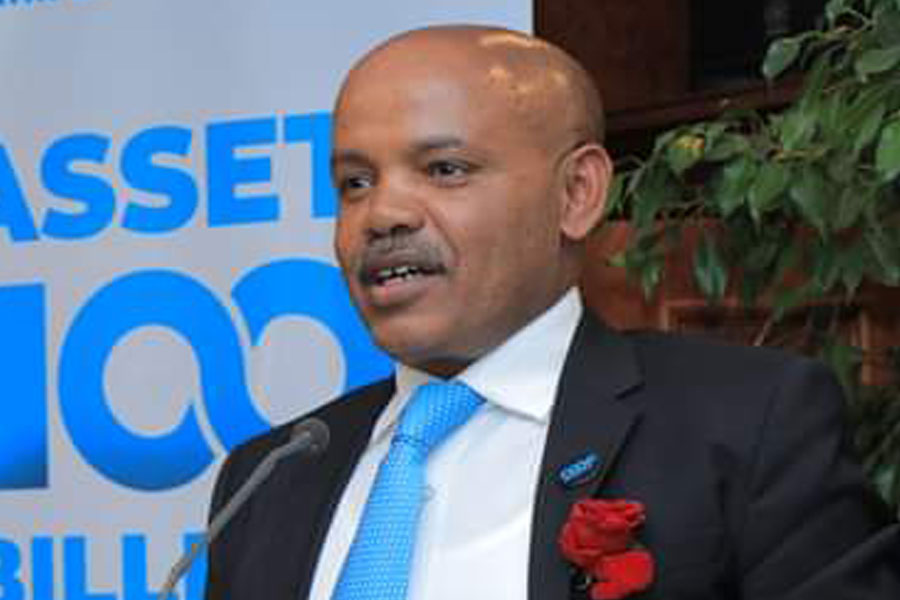
Fortune News | Apr 03,2023
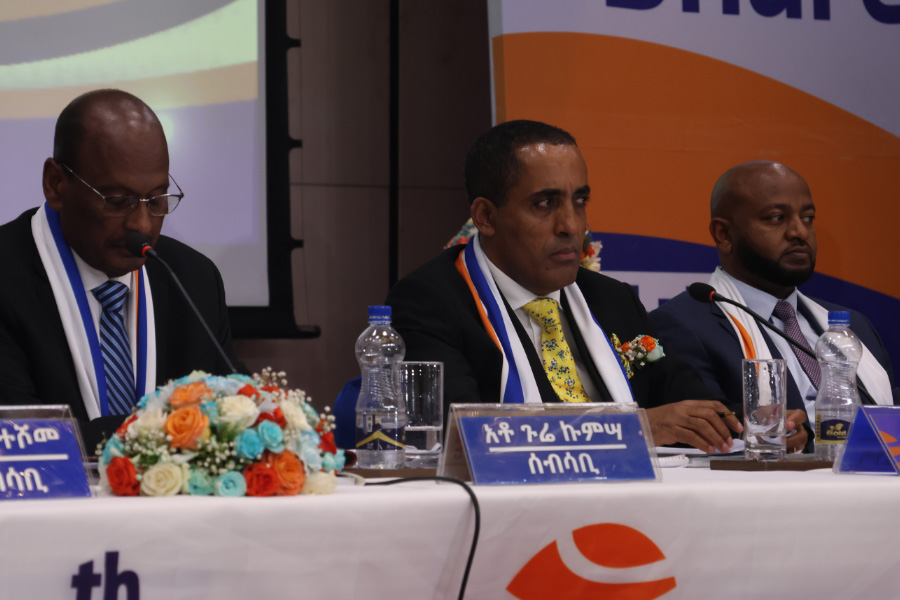
Radar | Nov 24,2024

Radar | Aug 31,2019

Delicate Number | Jun 14,2025
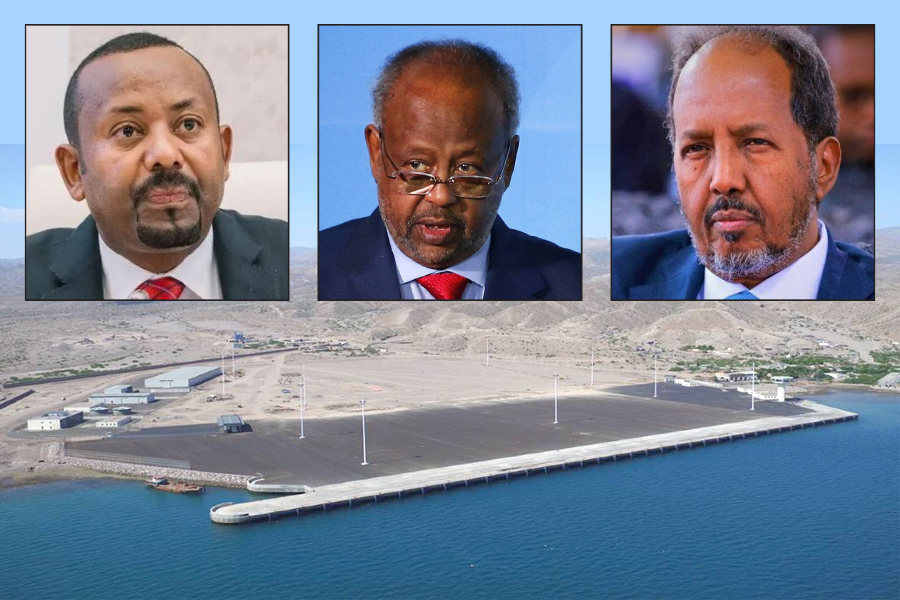
Fortune News | Sep 01,2024
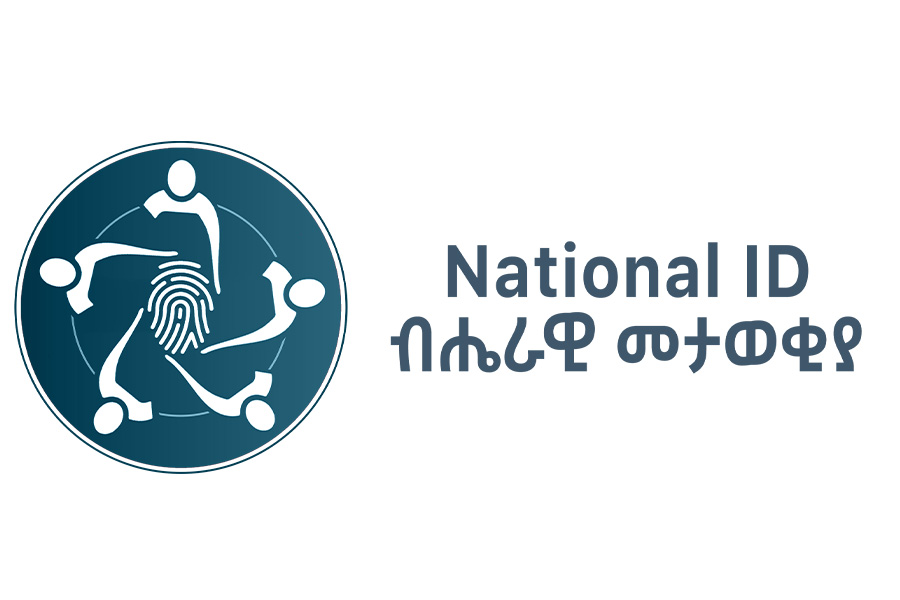
Radar | Dec 01,2024

Radar | Sep 19,2020
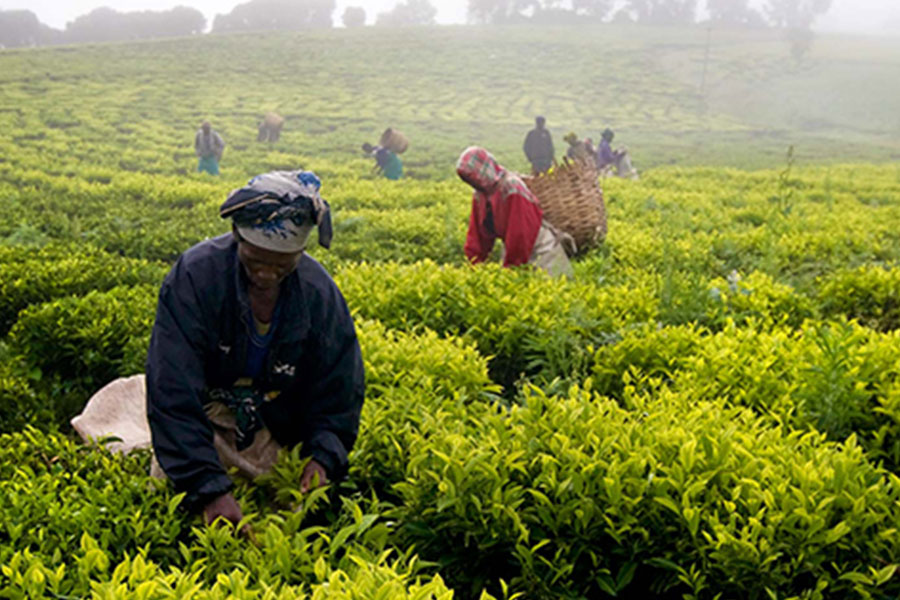
Fortune News | Aug 13,2022

Fortune News | Jul 13,2024

Photo Gallery | 177333 Views | May 06,2019

Photo Gallery | 167540 Views | Apr 26,2019

Photo Gallery | 158188 Views | Oct 06,2021

My Opinion | 136982 Views | Aug 14,2021

Dec 22 , 2024 . By TIZITA SHEWAFERAW
Charged with transforming colossal state-owned enterprises into modern and competitiv...

Aug 18 , 2024 . By AKSAH ITALO
Although predictable Yonas Zerihun's job in the ride-hailing service is not immune to...

Jul 28 , 2024 . By TIZITA SHEWAFERAW
Unhabitual, perhaps too many, Samuel Gebreyohannes, 38, used to occasionally enjoy a couple of beers at breakfast. However, he recently swit...

Jul 13 , 2024 . By AKSAH ITALO
Investors who rely on tractors, trucks, and field vehicles for commuting, transporting commodities, and f...

Oct 25 , 2025 . By YITBAREK GETACHEW
Officials of the Addis Abeba's Education Bureau have embarked on an ambitious experim...

Oct 26 , 2025 . By YITBAREK GETACHEW
The federal government is making a landmark shift in its investment incentive regime...

Oct 26 , 2025 . By NAHOM AYELE
The National Bank of Ethiopia (NBE) is preparing to issue a directive that will funda...

Oct 26 , 2025 . By SURAFEL MULUGETA
A community of booksellers shadowing the Ethiopian National Theatre has been jolted b...